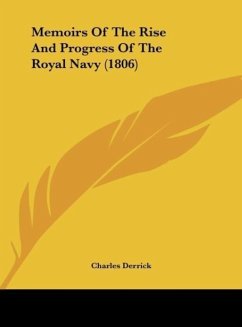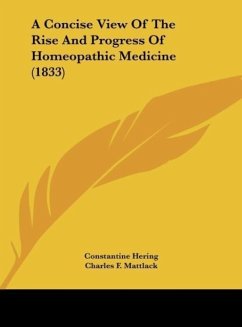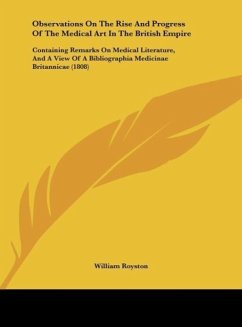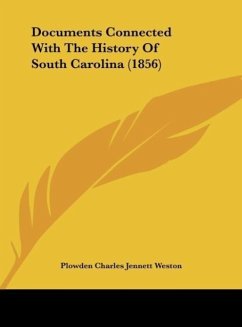He assured the Governor, that though he had been wounded in his younger years, and was now old, yet he would meet him half way for this purpose, if he should even be carried on the backs of his people. Accordingly, Governor Glen appointed a place for holding a congress, and agreed to meet the warrior; for as the clouds were gathering every where on the American horizon, the friendship of the Cherokees at such a time was an object of too much importance to Carolina to be overlooked or neglected.
Hinweis: Dieser Artikel kann nur an eine deutsche Lieferadresse ausgeliefert werden.
Hinweis: Dieser Artikel kann nur an eine deutsche Lieferadresse ausgeliefert werden.








